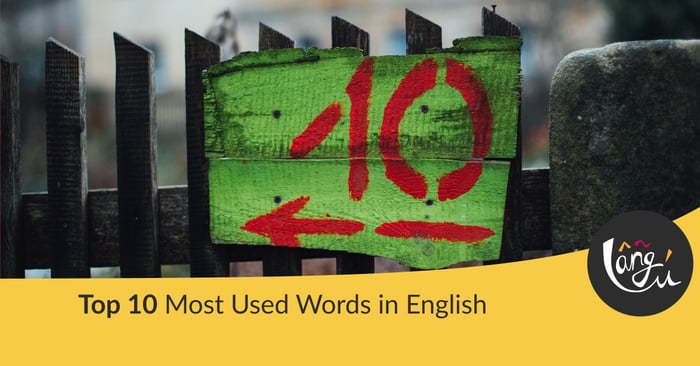Like baby names, words go in and out of style. Overall, languages today—particularly English—are getting simpler and simpler. Old English words frequently fall out of common usage, either because they describe things that don't happen anymore or because there are easier ways to say them. Frankly, do we even need words? All we really need are emoji, right?
But what if we took a look at some words that may have been common hundreds of years ago. The things they describe aren't actually so unfamiliar. What do you think?
1. Perendinate
MEANING: To constantly put something off — to forever plan to do something tomorrow.
"Because I'm constantly prenditating, I never manage to get any big projects done."
ORIGIN: The word was first used in the late 19th century and comes from the Latin perendinare.
SYNONYM: Procrastinate
2. Dysania
MEANING: Having a very difficult time getting out of bed in the morning.
"Because of my chronic dysania, I spend far more time in bed than I would like to."
ORIGIN: The word has medical connotations, and though you might identify with this feeling when your alarm rings int he morning, it is used to describe very serious difficulties, usually caused by a disease. The word originates from the beginning of 20th century.
SYNONYM: Clinomania
3. Fudgel
MEANING: A verb, the act of a true master pretending to do something, while in fact they're not doing anything. Pretty much anyone who works in a modern corporation might know what this means.
"I'm really good at looking busy — but I just sit at my desk and fudgel."
ORIGIN: This verb dates back to 18th century, but is just as useful today.
SYNONYM: Loaf
4. Ultracrepidarian
MEANING: Someone who is more than happy to give an opinion on a subject they no absolutely nothing about.
"So what if I like to wear mismatched socks. All these ultracrepidarians can keep their opinions to themselves."
ORIGIN: A word that describes such a common state now, especially in the internet age, where everyone can say whatever they want. It comes from the beginning of the 19th century and was recorded for the first time in 1819 by the essayist William Hazlitt.
Ultracrepidarian comes from the Latin "Sutor, ne ultra crepidam”, which means "Shoemaker, not beyond the shoe”. It is said that the phrase was used by an artist to chide a shoemaker that criticized his painting.
SYNONYM: Presumptuous, or wise-guy
5. Pegpuff
MEANING: A young lady who behaves like an old one.
"I was expecting a party, but she invited me over for tea instead — what a pegpuff!"
ORIGIN: The word comes from 18th-century Scotch. It's occasionally used in other way around: to describe an old lady, who dresses like a young one.
SYNONYM: Prude
6. Grumbletonians
MEANING: An electorate that is unhappy with the current government.
"These grumbletonians have no idea how impossible it is to get anything done!"
ORIGIN: The word itself is quite old, from the 17th century. Back then it was used to describe members of the Country Party, which behaved like a very active opposition (and rejected all ideas of the government). The word was soon applied to opposition and its supporters. It could be used today to describe, in a slightly dismissive way, people unhappy with their leadership.
SYNONYM: Moaners, belly-achers
7. Lanspredado
MEANING: Someone who, on purpose, shows up with no money. Every time.
"Oh, here comes Henry again, I bet that lanspredado left his wallet at home again!"
ORIGIN: The word was first found in a 1736 dictionary and was used to describe someone who comes to a bar with only a few coins in their pocket, waiting for others to propose another beer or two.
SYNONYM: Cheapskate
8. Callipygian
MEANING: Having a very well-shaped butt.
"Some LA family we can't quite keep up with has made callipygians quite fashionable."
ORIGIN: The word was first heard in England in the 19th century, but it comes from 17th century Greek. It was used to describe an Aphrodite statue.
SYNONYM: tuned/toned
***Find your perfect online English tutor***



